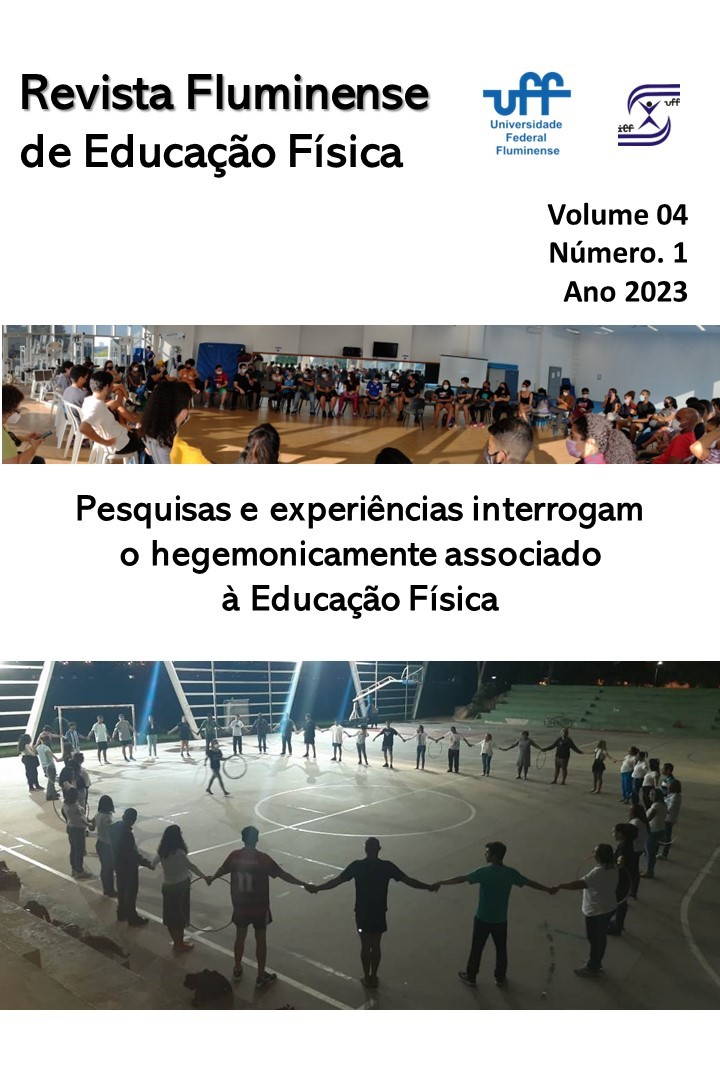QUALIDADE NO GEO NELSON PRUDÊNCIO
O QUE PENSAM OS ALUNOS E PROFESSORES?
Abstract
The research presented here carried out at the Nelson Prudêncio Experimental Gymnasium and aimed to interpret the meanings of educational quality perceived by teachers, principals and 9th grade students. It sought to show how the relationship of the SME-RJ proposal of a school dedicated to sport translates into the context of practice. The investigation conducted through document analysis and application of questionnaires to target actors and operated with the policy cycle approach proposed by Stephen Ball and Richard Bowe. At the base of the research is the belief in the insufficiency of discussions about educational quality, which only contemplate numbers and disregard the contributions of these actors. Operating with the classification of educational indicators, we hope to contribute to the current debate on the quality of education, pointing out indicators capable of broadening the discussions on the subject, moving away from the misleading idea of academic performance as the only means of quality measurement.
Downloads
Downloads
Published
Issue
Section
License

This work is licensed under a Creative Commons Attribution-NonCommercial-NoDerivatives 4.0 International License.
Autores mantêm os direitos autorais e concedem à Revista Fluminense de
Educação Física o direito de primeira publicação, o que permite o
compartilhamento do trabalho com reconhecimento da autoria e publicação
inicial nesta revista. Os dados, conceitos e opiniões apresentados nos
trabalhos, bem como a exatidão das referências documentais e bibliográficas,
são de inteira responsabilidade dos/as autores/as.
Autores têm permissão e são estimulados a publicar e distribuir seu trabalho
online (ex.: em repositórios institucionais ou na sua página pessoal) já que isso
pode gerar alterações produtivas, bem como aumentar o impacto e a citação
do trabalho publicado.
Em virtude de aparecerem nesta Revista de acesso público, os artigos são de
uso gratuito, com atribuições próprias, em aplicações educacionais e não-
comerciais.




